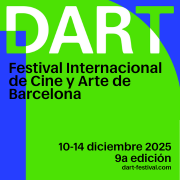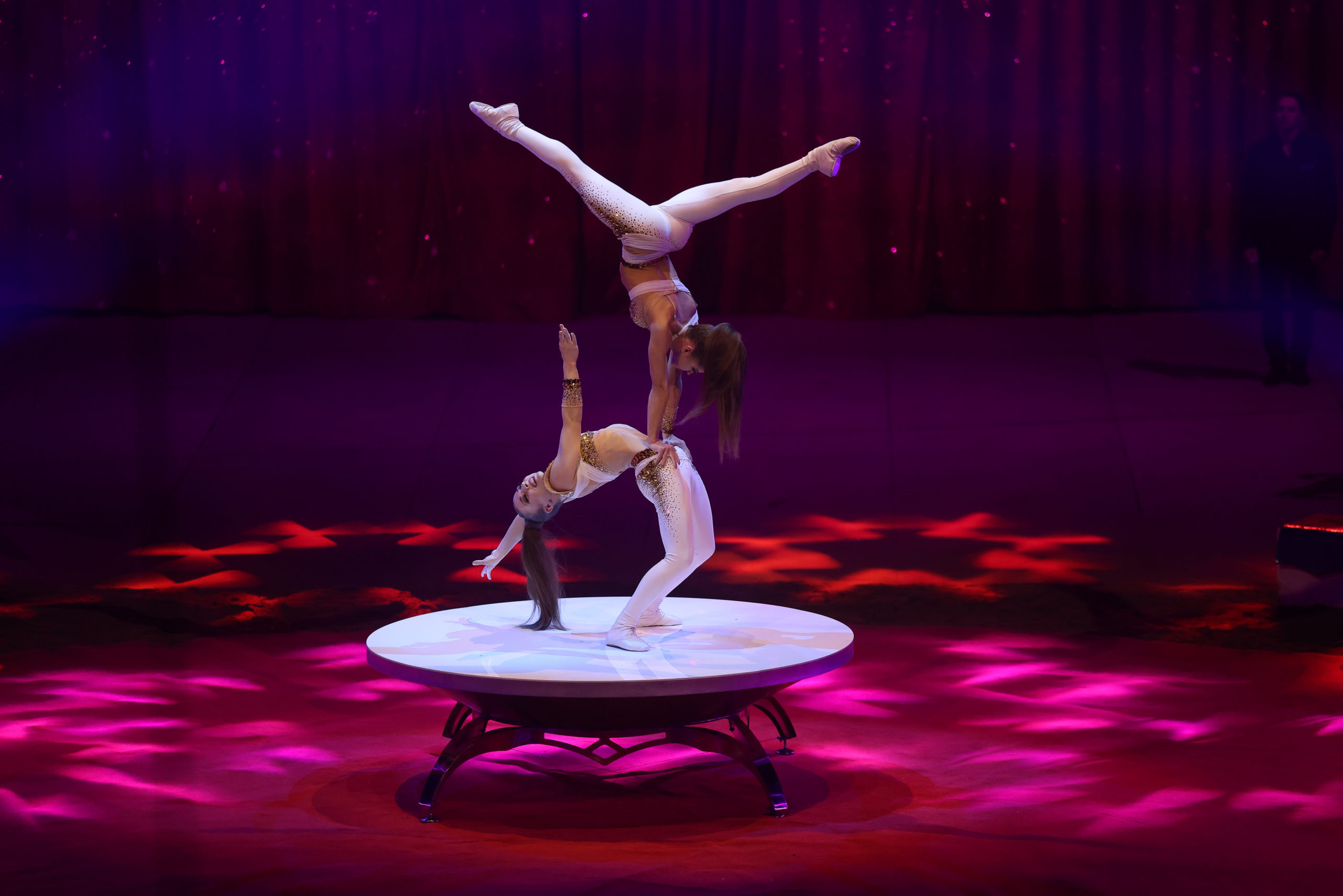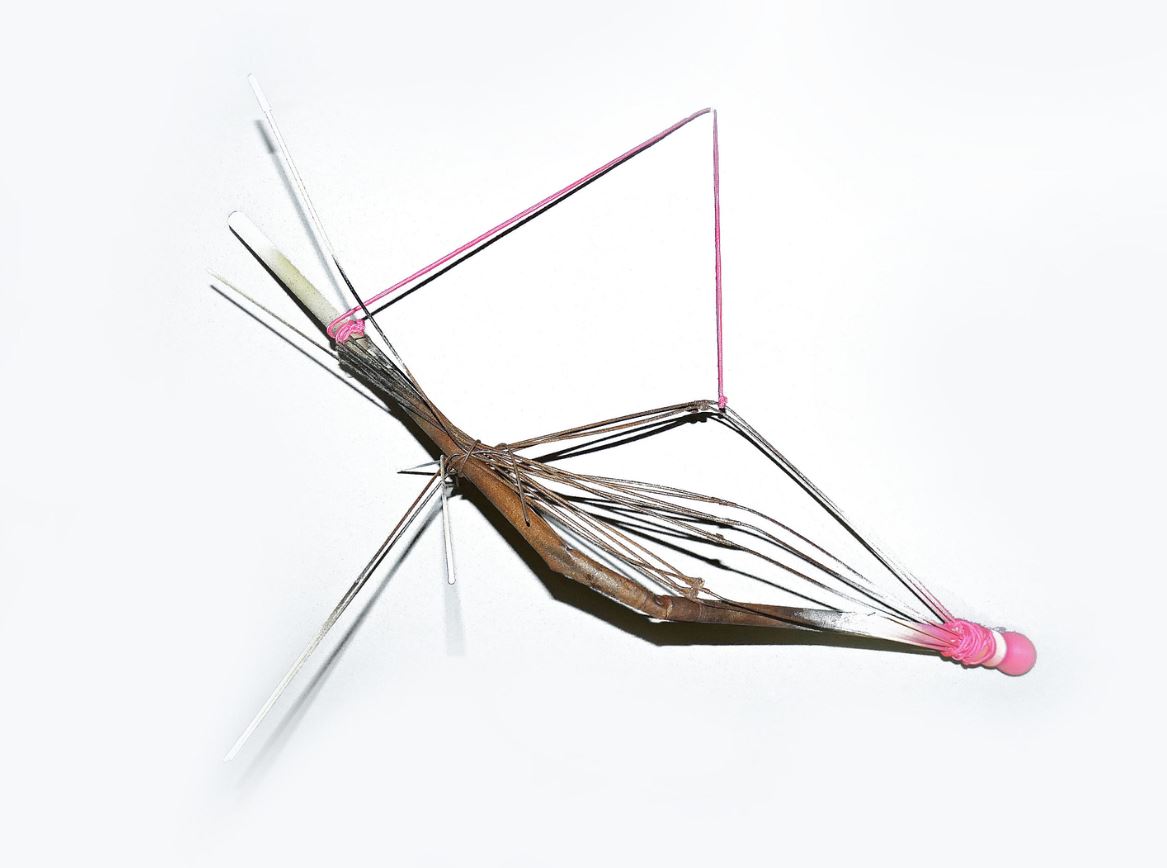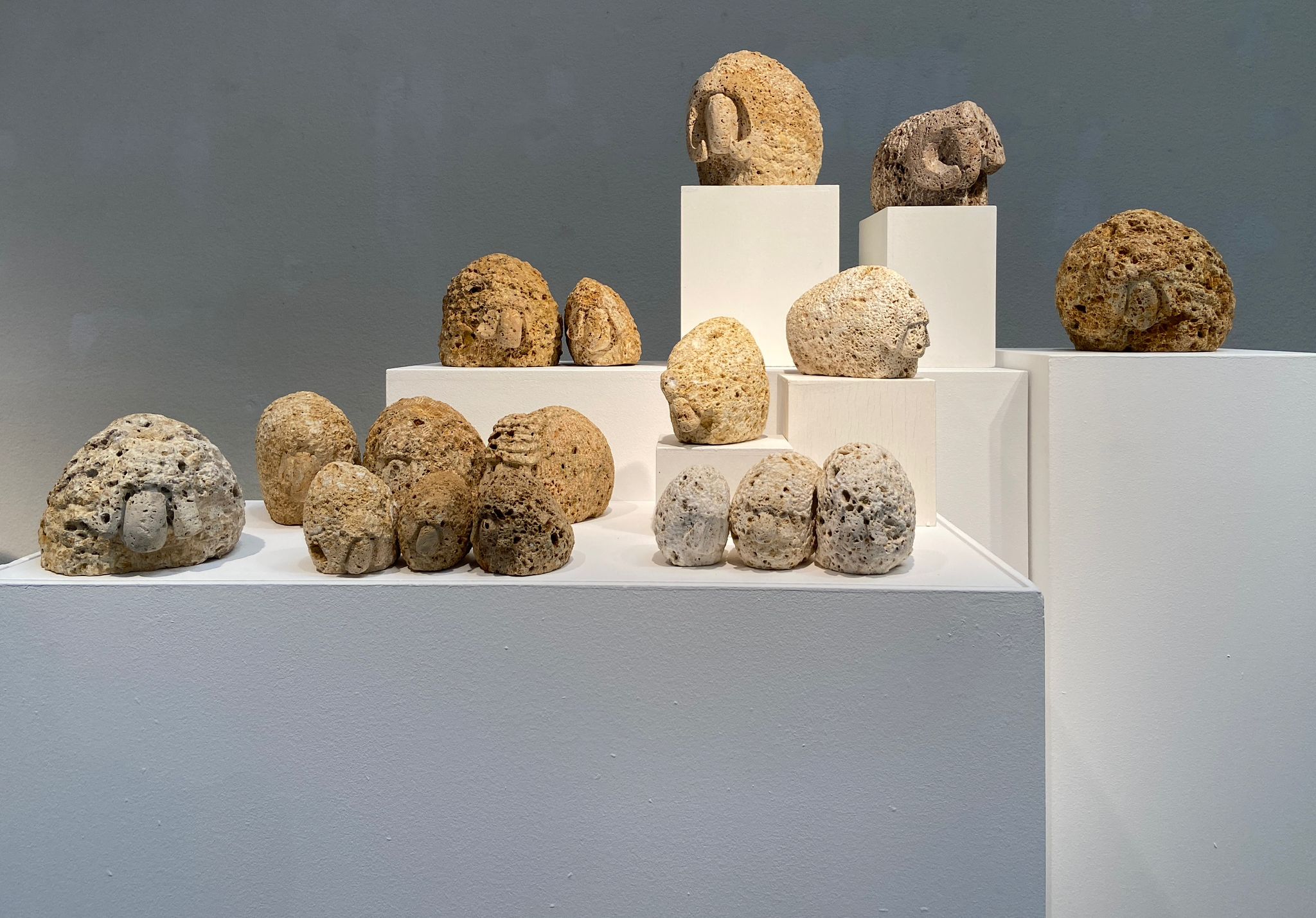Exhibitions
Jaume Plensa at the Llotja de Palma
Monumental sculptures that explore the tensions between body and soul, matter and spirit, and past and future.
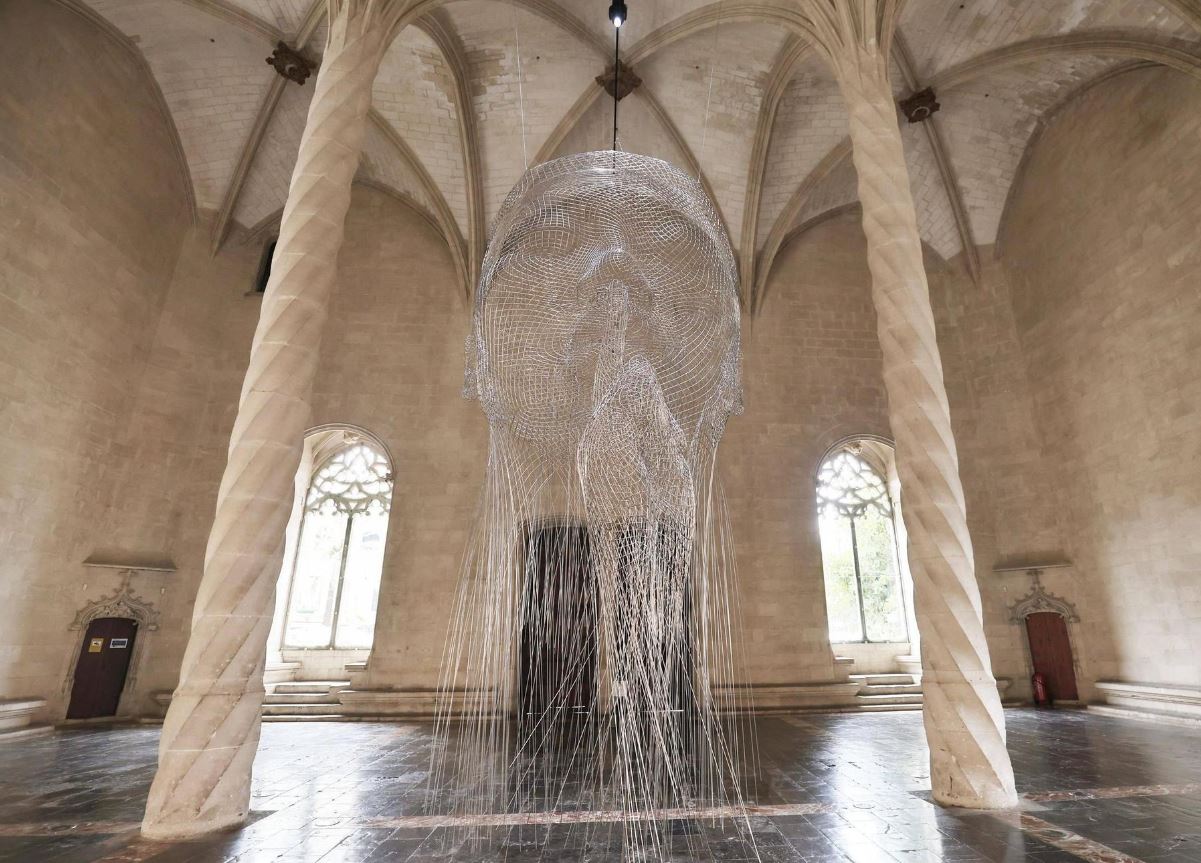
The Llotja de Palma has become an ideal space to host Jaume Plensa 's sculptures, offering a fluid dialogue between art and architecture. In this building with centuries of history, the works of the renowned Catalan artist come to life, transforming matter into an expression that connects the past, the present and the future.
The exhibition, entitled 'Mirror', proposes a reflection on the dualities that define the human condition. In the center of La Llotja, two stainless steel sculptures, 'Invisible Laura' and 'Invisible Rui', stand opposite each other, back to back at the entrance. main These figures, as if they were an extension of the building itself, symbolize opposing tensions: body and soul, matter and spirit, light and darkness, opacity and transparency, past and future.
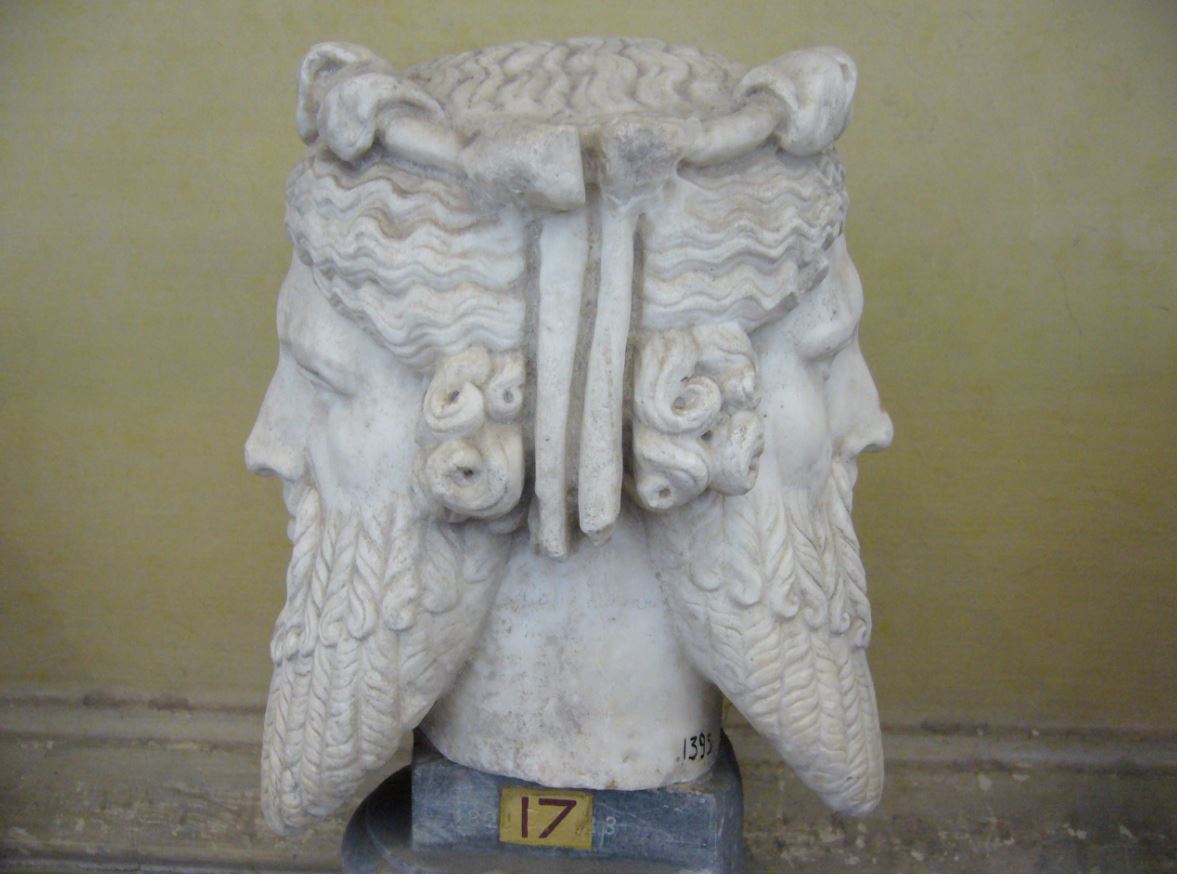
Plensa draws a parallel with Janus, the Roman god of two faces, one that looks to the past and the other to the future, thus offering a key to interpret the essence of the exhibition. The artist reminds us that "our face is reflected in that of others", be they friends, lovers or strangers. This reflection provokes a reflection on human nature, at that point where past and future meet, where pain is confused with pleasure, and where dreams not yet realized are projected in the mirror of the other.
The interaction with the space of La Llotja is crucial for Plensa, as it highlights the relevance of the environment in his work, making the exhibition a collaboration between art and architecture, between time and history. According to Plensa, contemporary creation is an ally of history, and this exhibition in such an emblematic building is clear proof of that.
Plensa summarizes his vision of 'Mirror' with a strong reflection: "Men and women share their faces in the most generous of our acts. The duality between body and shadow, day and night, joy and pain... The duality of all our dreams, still waiting to be born in the reflection of a mirror." This duality, present throughout the entire exhibition, represents the essence that Plensa has captured, offering visitors a journey through the contrasts of human existence.




